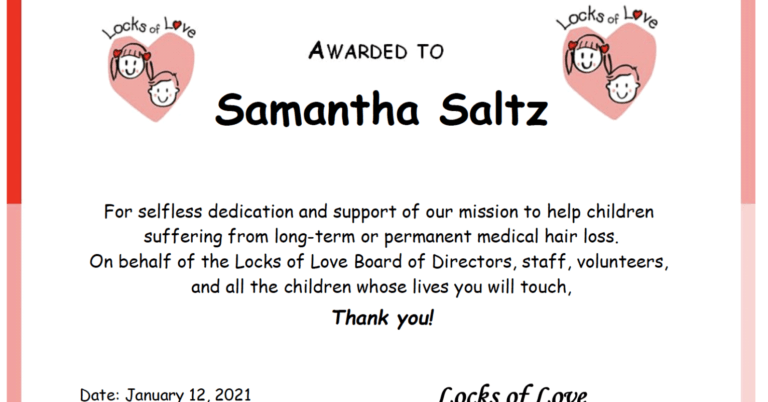During adolescence children strive for independence. They flee from the nuances of childhood and simultaneously ignore the responsibilities of adulthood. If they make a mistake, they expect parents to rescue them; but when they accomplish something great, they take full credit. Naturally, this lends itself to friction between parents and their adolescent children.
Adolescents often run towards a path of disobedience, disrespect and may engage in dangerous behavior. Adolescent girls and boys often have unprotected sex and try alcohol and marijuana for the first time — the latter of which they consider to be “just a plant.”
How does a parent navigate the difficult adolescent years?
First and foremost, have empathy. Remember what it was like when you were an adolescent — wanting to leave your house and seconds later realizing that a parent was needed to drive you to your destination. You were expected to behave as an adult with the emotional abilities of a child. It was frustrating, confusing and scary.
Second, remember that adolescents are in puberty. Many girls have breasts, pubic hair and chemical changes that make them want to explore sexually arousing stimuli. Boys have their testosterone levels soaring, which can contribute to aggressive tendencies. There are drastic hormonal transformations, which leave adolescents trying to redefine who they are physically.
Third is something you already know. Talk to your kids. The question is not whether to do it. Rather, it is how. Sometimes parents forget that the key to a great conversation isn’t always what to say, but how to listen. When your son or daughter comes to you upset about a recent break up, failing a test or not getting into college, don’t only be their cheerleader or their coach. Rather, try at the same time to be on their team. Let them feel emotion and experience it with them. For example, if you child fails a test, do not simply tell them to study harder – get involved. Help them identify knowledge gaps, praise their improvements and recognize their commitment. Consider sharing with them your own limitations and strategies you’ve employed to overcome them.
This is just the beginning. But for now, remember the following:
- Engage with empathy
- Understand the impact changing hormones may have on behavior
- Talk to your children
- Learn to listen












